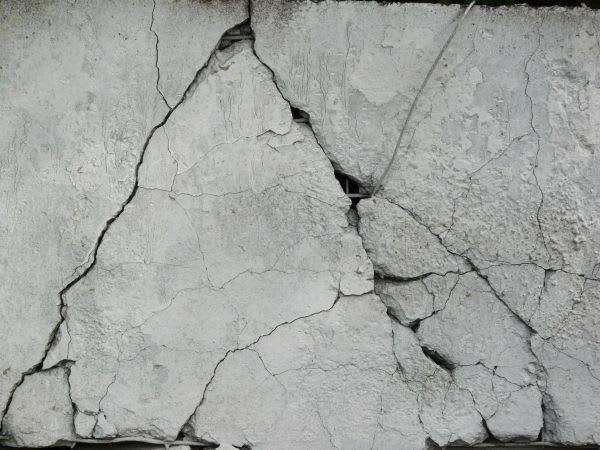Holy and Secular – “You wanted to hear how the country came to an end,” the grandfather said to his grandson. “It is a very sad story, but it is important for these things to be repeated and heard.”
* * * * * *
Much blood was spilled before the country was established. At first, the war started as a guerilla action. An underground was established. The fighters were sent out on individual actions against the conquering authority. When the war began, our young army fought against greater powers and won. This was clearly due to help from the hand of G-d, otherwise our small and young army would not have had any chance.
Many stories of courage and heroism were told about those wars. Crowns were set on the heads of the winners. The entire world was shocked by the victory of a small nation against greater and more experienced forces. We defeated the major local powers. The battles were harsh, many fell, and the victory was great. The resulting joy was momentous.
After so many years, a Jewish nation had once again been established in Eretz Yisrael. The hearts of the citizens were filled with great hope. In every corner of the land, there was talk of reestablishing the kingdoms of David and Shlomo. We did not have the entire land within our hands, many difficult and complex challenges remained, but there was no limit to the hope of the people.
* * * * * *
In the tenth decade after the establishment of the new state, cracks started to form. The government and wealth became intertwined. Official positions could be bought. The idealism which was so characteristic of the generation of the founders was replaced by a rule based on greed. Rumors flew about appointments that were made in unsavory ways.
One case that was especially famous was that of Marta. As a very rich woman, she sent a very expensive gift to the home of one of the public leaders. Soon afterwards, her husband was appointed to the highest religious task in the nation. “If the cedars have fallen prey to a flame, what will the moss on the wall do?”
* * * * * *
“And that is what led to the disintegration of the country?” the grandson asked. “That too,” his grandfather replied. “That too, but also a much more difficult problem: civil war. There had almost always been disputes and arguments among the leadership, but when they led to open fights between brothers, nothing could prevent the bitter end. The government of the Chashmona’im continued for 130 years before the country was handed over to the evil hands of Herod. One hundred years later, the city of Jerusalem was to become a pile of rubble.”
* * * * * *
“Nothing is ever completely obvious and clear-cut,” the grandfather said to his grandson. “We must work hard so that our country will have a different fate than that of the Chashmona’im. We fought very hard to establish our country. The best of my friends gave their lives for the country. We must make every effort so that our fate will be different from that of Yehuda the Maccabee. You must have heard about all the corruption in the present government. You must have heard about all the hatred between one camp and another. We have a difficult task ahead of us.”
“But Rabbi Herzog promised us that there will not be a third destruction,” the grandson cried out. “I know,” the grandfather said, “I know. But we cannot depend on that promise. You must know that near the end of the days of the First Temple, the people were convinced that the Almighty would never destroy it. ‘it is the temple of G-d, it is the temple of G-d,’ they replied to Yirmiyahu’s prophesies of destruction. They remained calm, but in the end the Temple was destroyed.”
And the grandfather turned to his grandson. “This might surprise you, but you should know that the task in front of your generation is greater than the one that my generation faced. It is much easier to establish a country than to nurture it and help it advance. The third redemption is a greater step than the previous ones. This time, we were redeemed even though many of the people do not observe the mitzvot. But we cannot depend on these circumstances. Nothing is obvious and clear cut. We must work very hard to be worthy of this redemption.”
With thanks to Gil Viakovsky for the idea for this article.
Reprinted with permission from Zomet Institute (www.zomet.org.il). Translated from the Hebrew by Moshe Goldberg. To subscribe to receive the complete version of Shabbat BeShabbato please write to dan@zomet.org.
The words of this author reflect his/her own opinions and do not necessarily represent the official position of the Orthodox Union.



